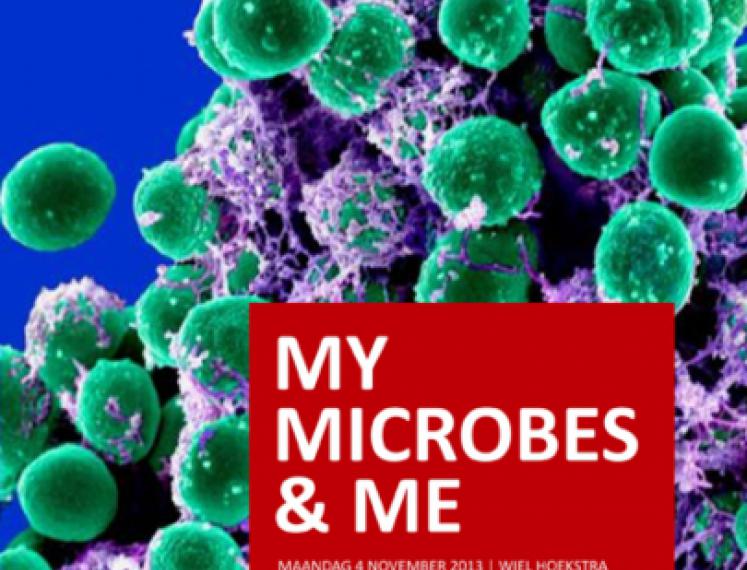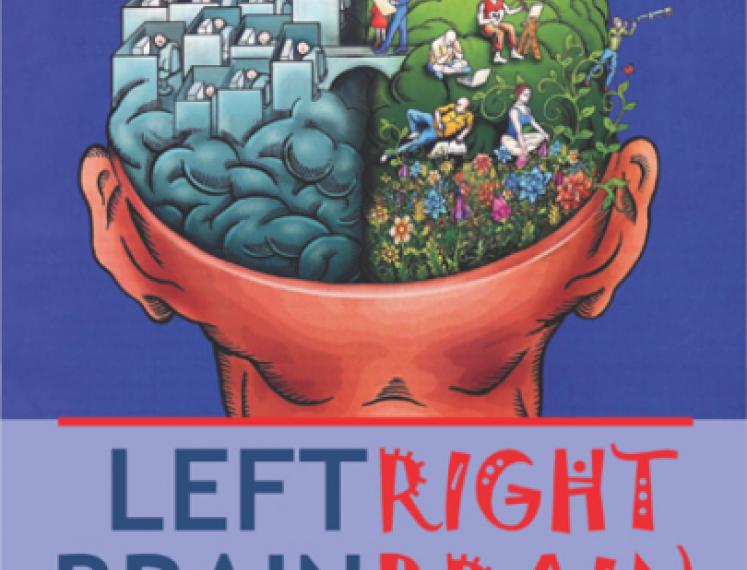Gut microbes divide people into three groups
You have one of three different populations of microbes in your gut. Interestingly, these so called ‘enterotypes’ are independent from your nationality, age, bmi and gender. However, your enterotype might affect your susceptibility to certain illnesses, diets and medication.
The functioning of the human body constitutes a complex interplay of human processes and ‘services’ rendered to us by the 1000 trillion microbial cells we carry. Disruption of this natural microbial flora is linked to infection, autoimmune diseases and cancer, but detailed knowledge about our microbial component remains scarce.
Recent technological advances such as metagenomics and next-generation sequencing permit the study of the various microbiota of the human body at a previously unseen scale. These advances have allowed the initiation of the International Human Microbiome Project, aiming at genomically characterizing the totality of human-associated microorganisms (the “microbiome”). This has also led to the groundbreaking discovery that healthy gut flora can be classified into three major types (“enterotypes”). What enterotype of gut flora you have is independent from your nationality, age, bmi and gender. So what causes you to have a specific enterotype? This is yet unclear. However, the discovery of these three enterotypes might have great implications of our understanding of certain illnesses (e.g. obesities, diabetes, infections). Do the different types of gut flora respond differently to diet and drug intake? Would it be possible develop personal medication or to change the gut flora you have? Or should we adjust our lifestyle to our enterotype?
Jeroen Raes is a full professor at the department of microbiology and immunology at K.U. Leuven, Belgium, a group leader at VIB and holds a partial faculty position at the Free University of Brussels. He has been involved early on in the development of computational techniques to analyse large-scale metagenomic sequence data, and their application towards the discovery of genomic, phylogenetic, functional and ecological properties of microbial communities, leading to publications in high-profile journals such as Science and Nature. The lab’s current focus is on the analysis of the composition and variability of the human intestinal microbiota in health and disease. They are undertaking several clinical studies to investigate the role of microbiota shifts in disease and the efficacy of treatment strategies (e.g. in obesity, diabetes, IBD, IBS). They are running large-scalecohort studies (e.g. the Flemish Gut Flora Project) to study the natural variation of the gut microbiome.
Interesting links:
Website Nature.com (2011): Gut study divides people into three types
Website Nature (2012): Gut microbial 'enterotypes' become less clear-cut
YouTube: Jeroen Raes on TEDxBrussels
Website VIB: Jeroen Raes



